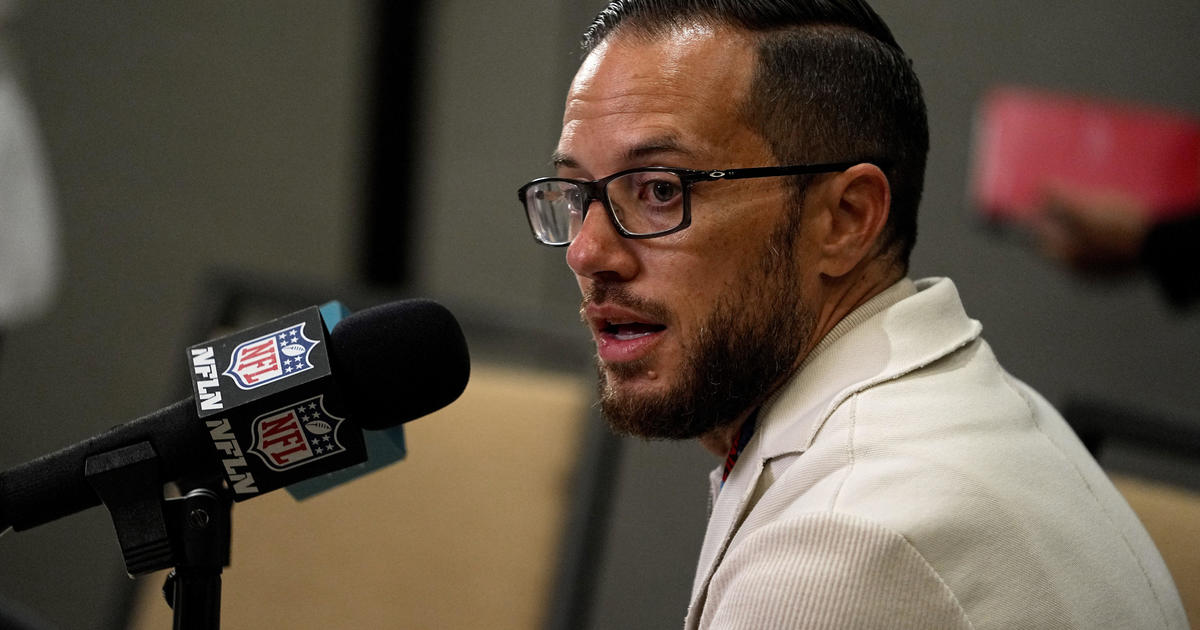Researchers Look Into Possible Caffeine Use Disorder
MIAMI (CBSMiami) -- Researchers are investigating whether your daily caffeine use could be a psychological disorder.
Actress Jessica Hayes starts her day with a jolt of java and often refuels between jobs too.
"I feel like it helps me be more productive, just in general," said Hayes.
Even if she's running late for work, she said she can't forego a cup of Joe.
"I'll call my boss and say 'I'm so sorry, I slept through my alarm. I'll be there soon,' but really I'm going through a drive-through and then you can't walk into work late with, you know, coffee that you just bought so I'll just drink it really fast in the car," said Hayes.
Work issues aside, Jessica's doctor advised her to cut back on caffeine for health reasons. She stopped for a bit, but is back to craving her coffee.
"It's definitely something that I fight with myself all the time," said Hayes.
Associate Professor of Psychology Professor Laura Juliano researches caffeine and said reliance on it could be a psychological problem for some people. It's called caffeine use disorder:
"Caffeine use disorder is having physical dependence, but in addition to physical dependence, some sort of harm because of the, the drug caffeine, as well as an inability to stop using it when someone wants to or when they're advised by a medical provider to do so," said Juliano.
It's not an official diagnosis but caffeine use disorder was included as a condition for further study in the American Psychiatric Association's latest diagnostic and statistical manual of medical disorders or DSM.
Professor of Psychiatry Dr. Charles O'Brien chaired the working group that considered it.
"It doesn't yet exist officially. There may be a caffeine use disorder, but we need more research. For a use disorder, It would have to be people who are compulsively drinking coffee, and having it interfere with their behavior," said Dr. O'Brien.
Professor Juliano said she's seen cases where caffeine users have sought treatment.
"It would be beneficial if, if treatment guidelines were developed in the same way we've developed them for tobacco. People have come to us saying, 'Yes, please help me, I believe my caffeine use is problematic,'" said Juliano.
She is researching potential treatment practices, which might include face-to-face counseling.
If you're looking to cut down on caffeine even if you don't think you've got a disorder, experts have this advice:
"You should try reducing it gradually, not stop it abruptly," said O'Brien.
"Tell yourself the reasons why you're changing your caffeine use. Remind yourself when you're having an urge, or you're, you're thinking about using more than you should," said Juliano.
As for Jessica, she said if treatment were an option, she would give it a try.
"I would absolutely want help. If there were somebody who had some kind of cure, some kind of thing that would make me feel like I didn't need it every day, I would absolutely take it," said Hayes.
In terms of how many people might be affected with this potential disorder, Professor Juliano said more research is needed. Since it's not a recognized disorder, it's tough to estimate.



